Papers sympathise with Swiss sanctions ‘dilemma’ on Russia
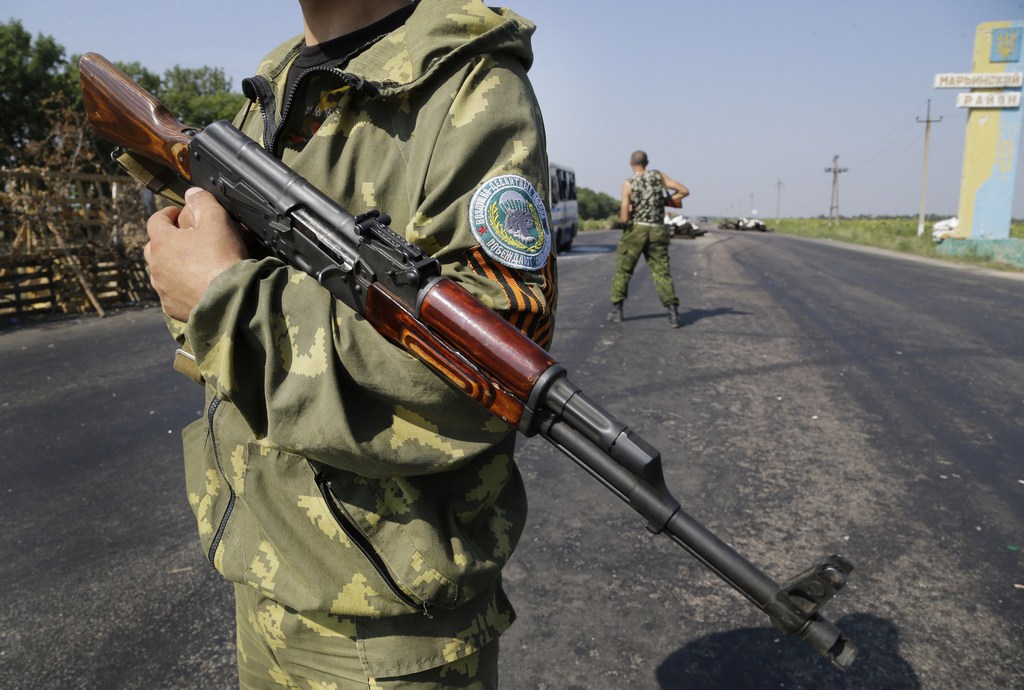
Switzerland continues to walk a diplomatic tightrope in the ongoing Ukraine crisis, sticking to its strategy of imposing its own measures on Russia but not signing its name to European Union sanctions. Newspapers said this wasn’t a simple case of Swiss opportunism.
“What to one person sounds like manoeuvring is to another a pragmatic middle course,” said the Neue Zürcher Zeitung (NZZ) on Thursday, a day after the Swiss cabinet said it was tightening restrictions on the export of war materiel to Russia and Ukraine but stopped short of imposing sectoral sanctions in line with the EU.
The cabinet said it was also planning to take additional measures to ensure that Switzerland would not be used as a hub to sidestep sanctions put in place by the European Union.
The paper acknowledged the tricky position the Swiss government is in, showing understanding for its steering a middle course: aligning with the EU sanctions wouldn’t improve the situation in Ukraine and would be above all symbolic, it said.
“While it would certainly generate goodwill towards Switzerland in the EU and the US, it would be a snub to Russia and would take away the possibility of Switzerland acting as a mediator in this conflict.”
While supporting EU sanctions wouldn’t be a problem concerning Swiss neutrality, the NZZ reckoned, it would be politically problematic given that “the EU played a considerable role in triggering the Ukraine conflict and that Russia is one of the important powers in Europe”.
That said, it didn’t think the government looked completely comfortable with its decision. “The crunch is how to avoid [Russia] sidestepping the sanctions.”
To that end, the economics ministry has been asked to prepare a set of measures to be approved by the cabinet.
Dilemma
One option, put forward by the Tages-Anzeiger, is a “trick from the Cold War”. The Zurich newspaper appreciated that Switzerland was in a dilemma – not backing the EU without spoiling EU relations.
“The government also wants to prevent the impression arising abroad that Switzerland could benefit from international embargos,” it said.
One way to do this, it suggested, quoting a former head of the State Secretariat for Economic Affairs, was by implementing a foreign trade tool known as a “courant normal”.
This had frequently been used by Switzerland over the years – notably during the Second World War, the Cold War and the Apartheid regime in South Africa – and involves the neutral country (Switzerland) and the belligerent (Russia) agreeing to adhere to pre-set trade volumes, which typically follow pre-conflict patterns.
“Thus the government would establish a flexible upper limit for exporting to Russia,” said the Tages-Anzeiger.
In its editorial, the paper warned that, by not wanting to upset anyone, Switzerland would once again be accused of opportunism. “This time, however, things are different. Switzerland has sensible reasons.”
These, it said, include neutrality – “Switzerland is only obliged to follow United Nations sanctions” – and its role as current head of the Organization for Security and Co-operation in Europe (OSCE), a “good starting point” for acting as mediator, as it had done previously in Georgia.
“Toughness alone won’t lead to a solution because the problem of the Russian-speaking opposition minority will remain, even if the separatists are defeated militarily. The other path still exists. There, Switzerland is more important than the 30th member of a sanctions campaign.”
Aid convoy
Le Temps in Geneva focused instead on a Russian aid convoy of roughly 260 vehicles, which had been parked at a military depot in the southern Russian city of Voronezh since late Tuesday amid disagreement over how and where it would cross into Ukraine.
By sending the convoy south, Russia appeared intent on not abiding by an earlier tentative agreement to deliver the aid to a Ukraine government-controlled crossing in the Kharkiv region, where it could be inspected by the Geneva-based International Committee of the Red Cross (ICRC).
“A mission which promises to be perilous for the ICRC at a time when Swiss neutrality is already being questioned,” the paper wrote.
Moscow has insisted it coordinated the dispatch of the goods, which it says range from baby food and canned meat to portable generators and sleeping bags, with the ICRC. On Wednesday, ICRC representatives said they were still in the dark about the convoy’s final destination.
Officials in Ukraine say they fear the mission may be a cover for an invasion.
“The ICRC finds itself at the centre of what it calls a ‘media storm’ and said in a statement that the delivery of aid to eastern Ukraine ‘must not be politicised’,” said the paper.
Politician uninvited
It was announced on Thursday that the invitation to the speaker of Russia’s Lower House of parliament, Sergey Narychkine, to visit Switzerland in September had been cancelled.
Narychkine was to have been the guest of the president of the House of Representatives Ruedi Lustenberger on September 23-24 to mark 200 years of diplomatic relations with Russia this year.
High level contact, which has a symbolic status, was important, but so was Swiss neutrality, a Swiss parliament statement External linksaid, adding the timing of the visit was “inopportune”.
But it continued that Lustenberger would be open to a meeting on the sidelines Organization for Security and Co-operation in Europe Parliamentary Assembly meeting Geneva in October.
Narychkine has been officially blacklisted as part of European Union and United States sanctions against Moscow.
On Tuesday the Swiss defence ministry cancelled participation by Russian pilots and aircraft in the Air14 air show in Switzerland.

In compliance with the JTI standards
More: SWI swissinfo.ch certified by the Journalism Trust Initiative

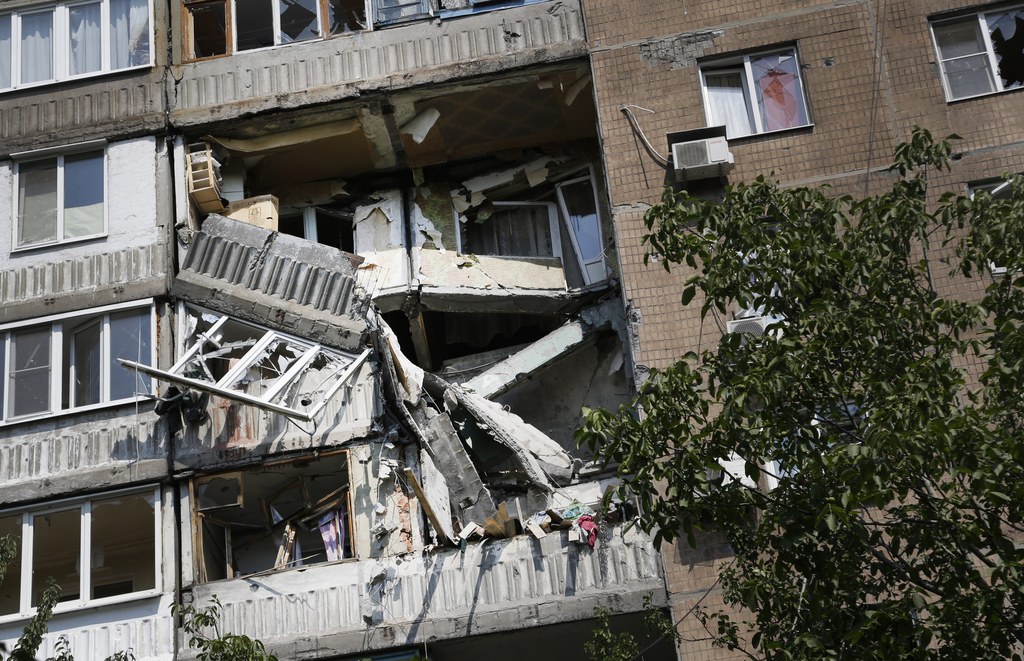
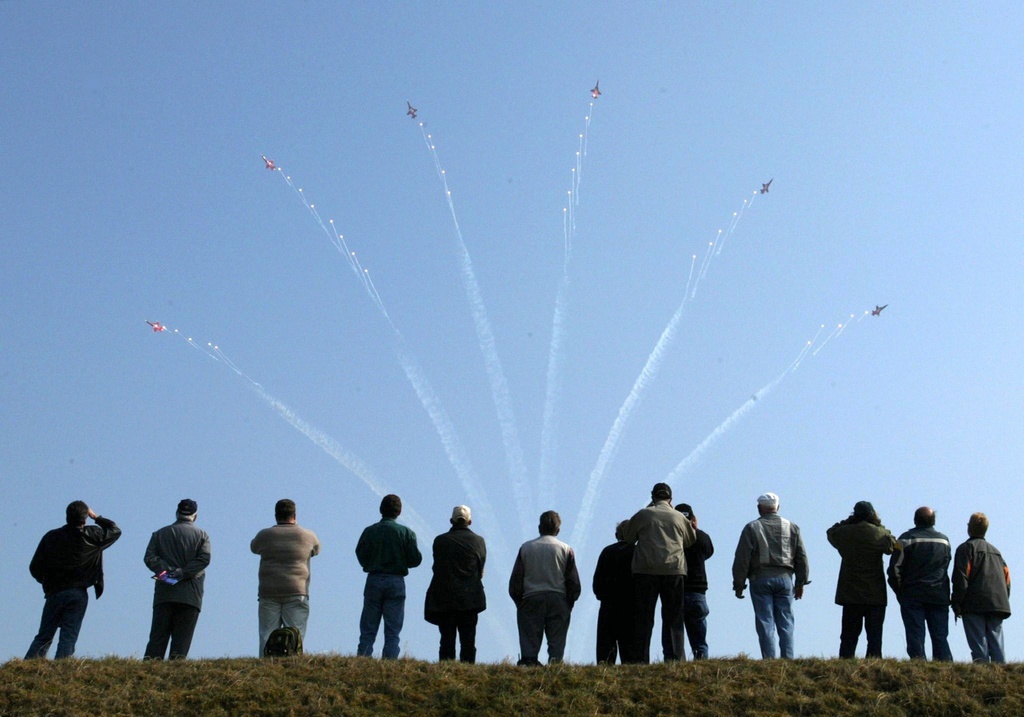
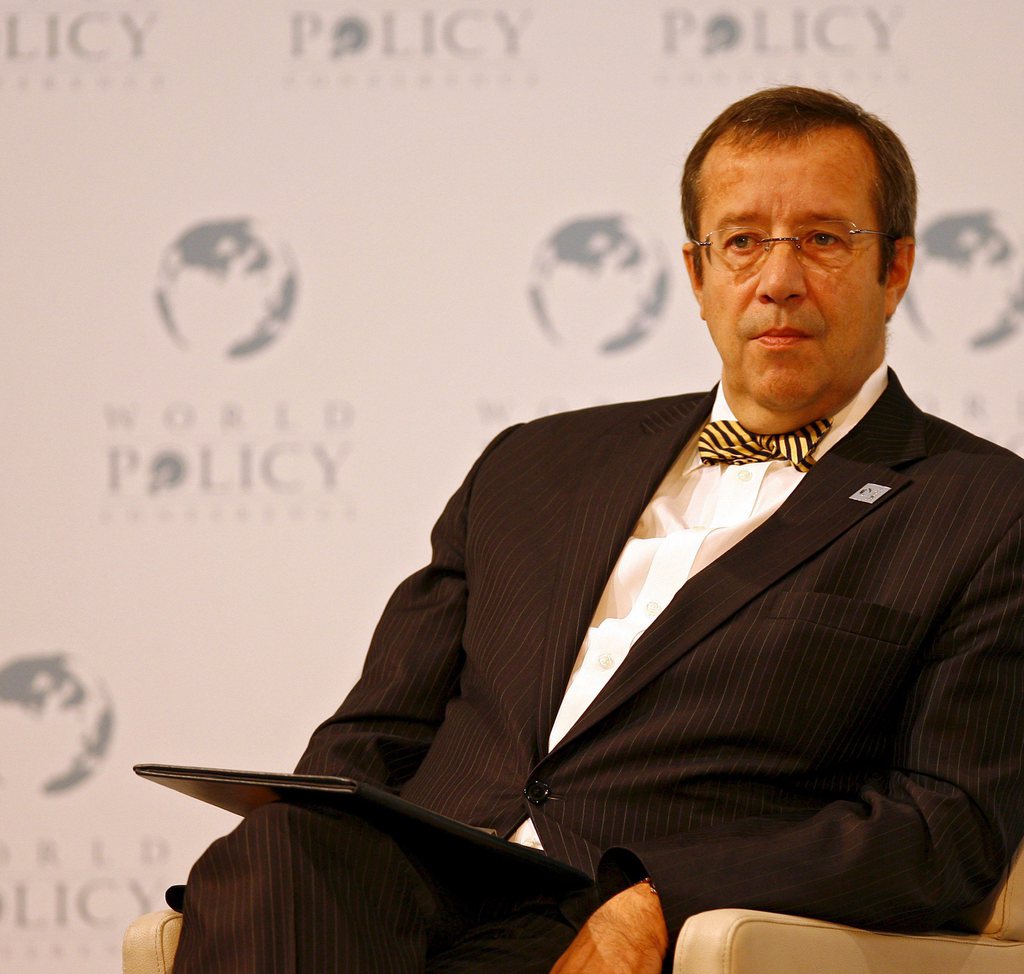
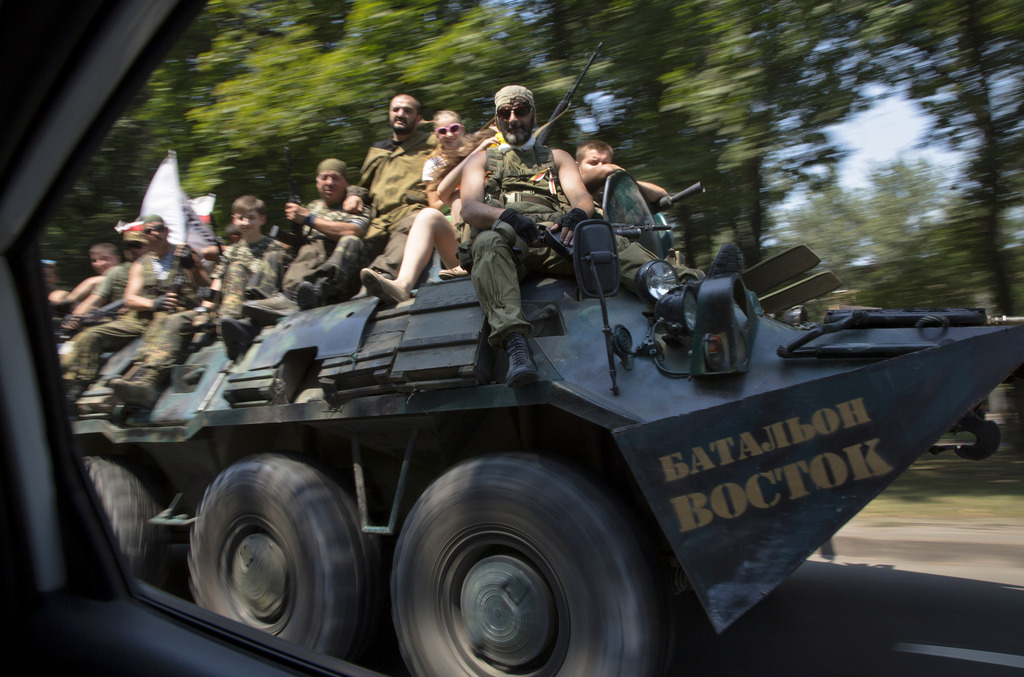
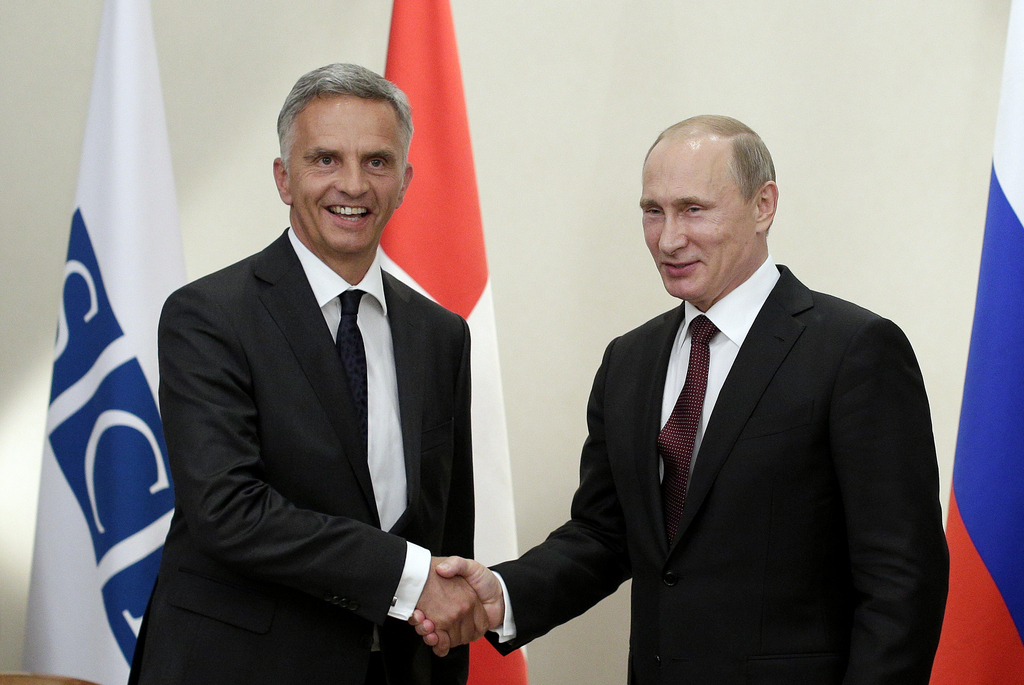

You can find an overview of ongoing debates with our journalists here. Please join us!
If you want to start a conversation about a topic raised in this article or want to report factual errors, email us at english@swissinfo.ch.